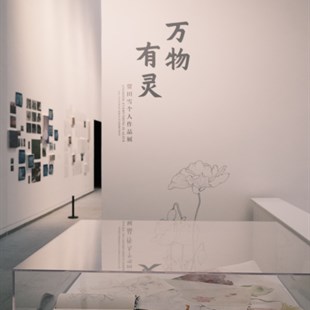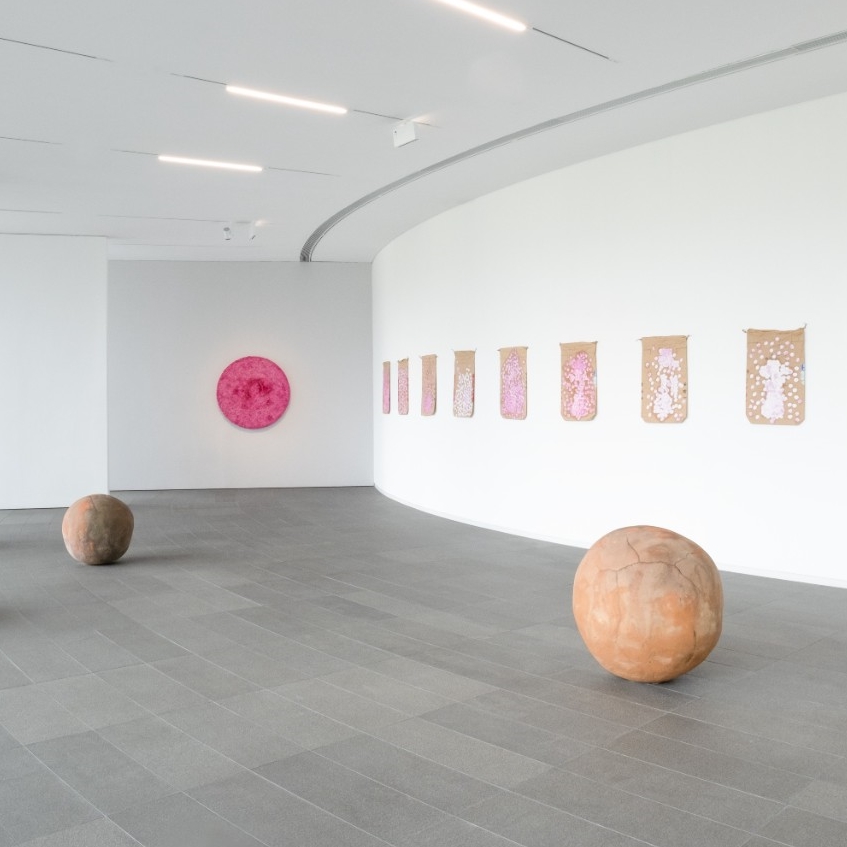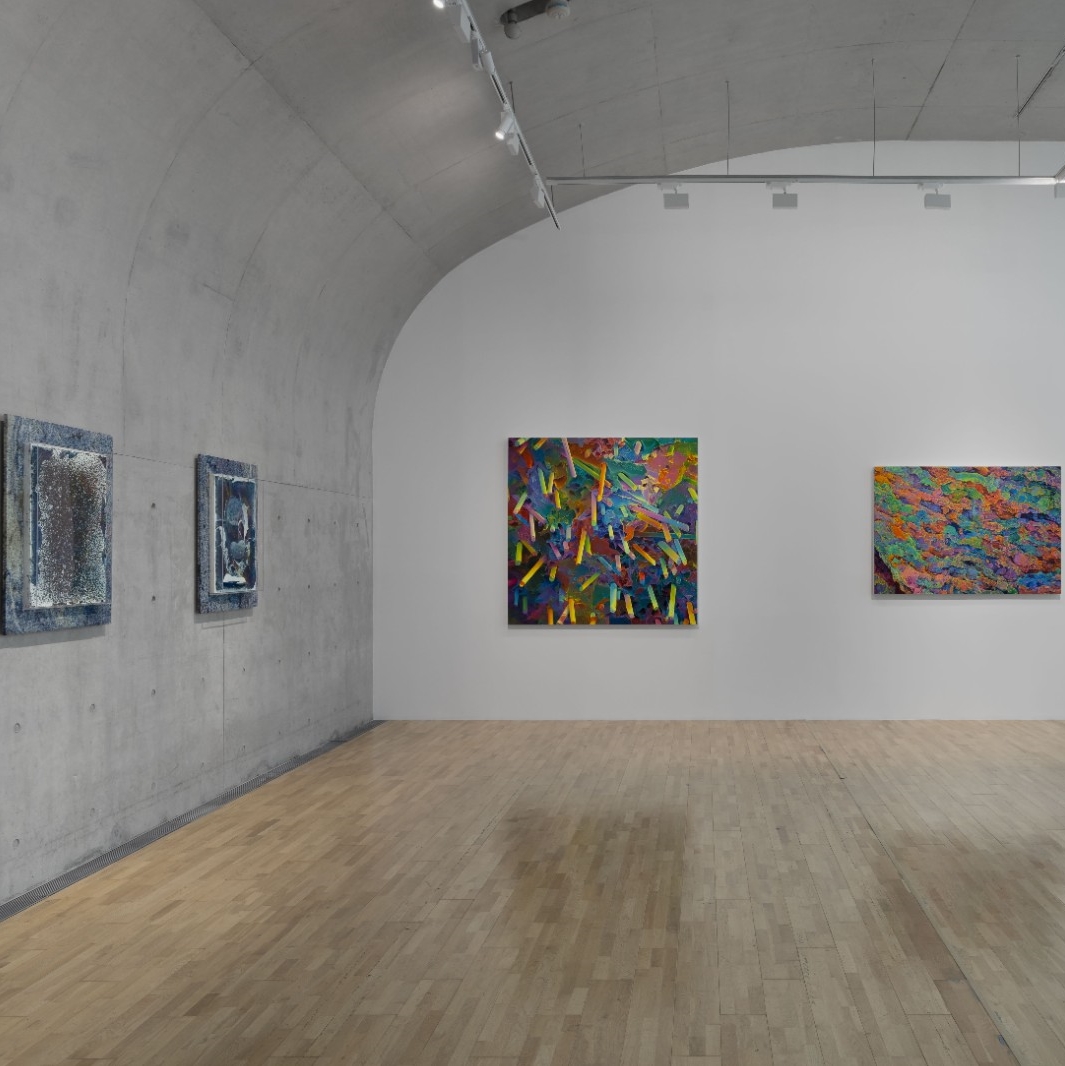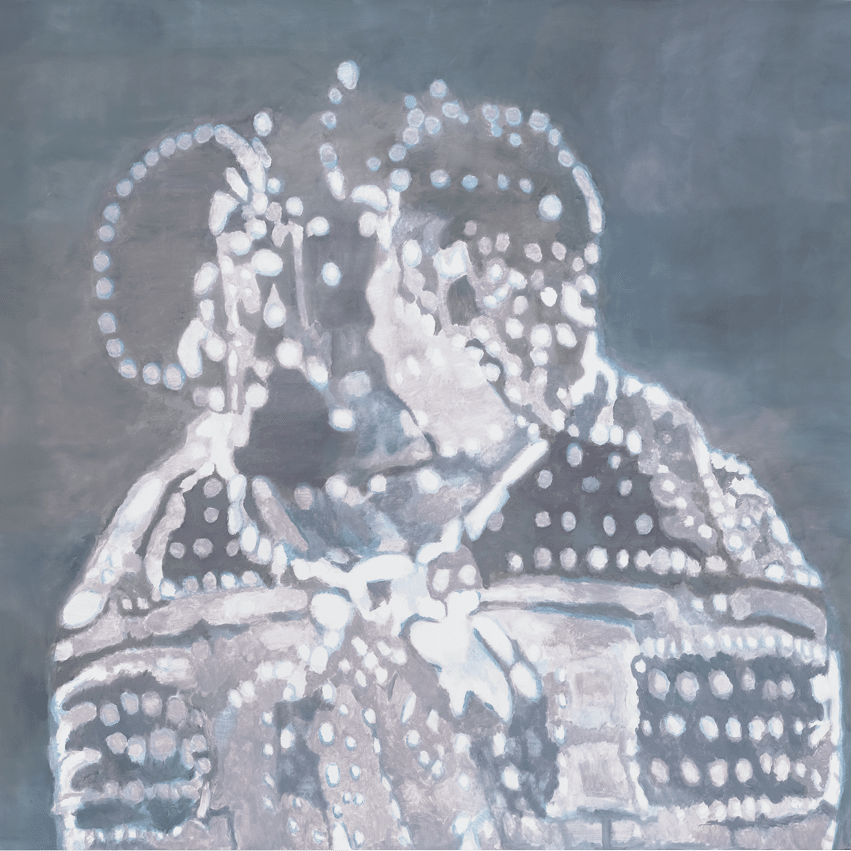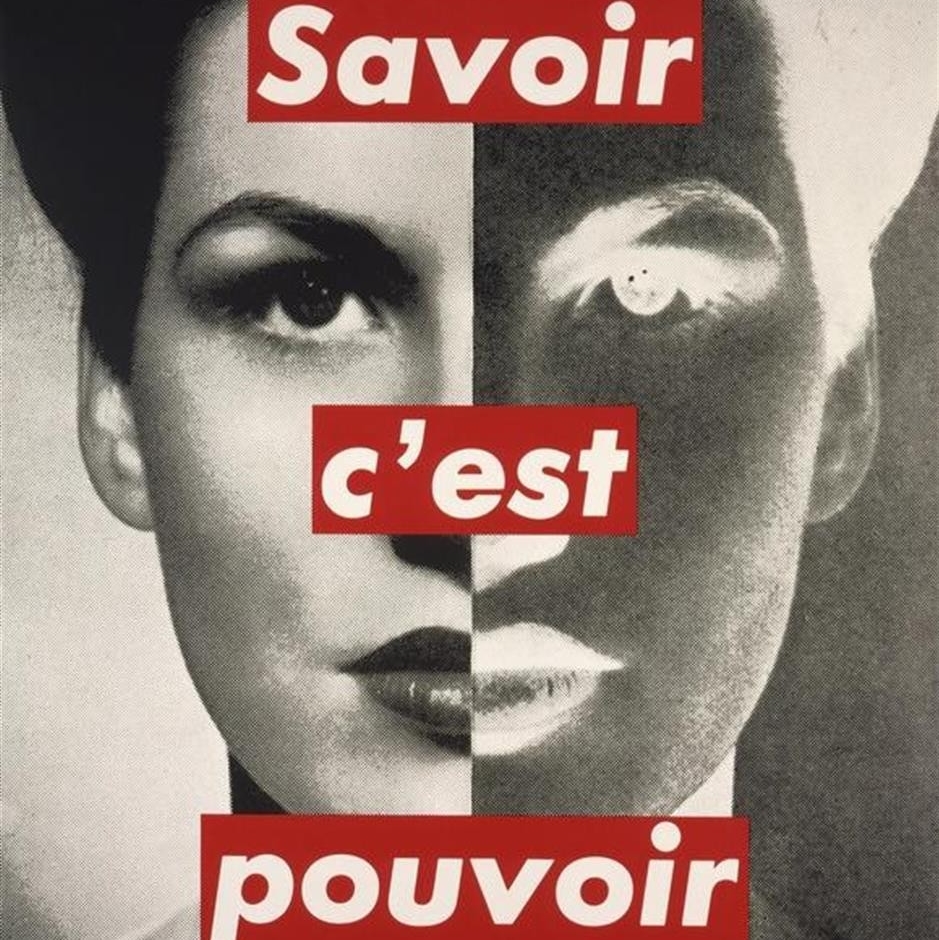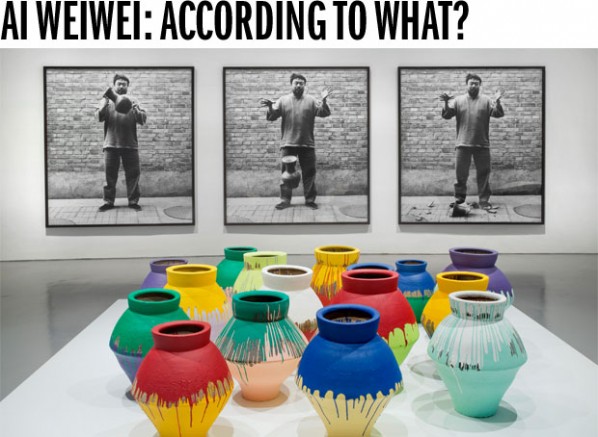
The Hirshhorn Museum and Sculpture Garden presents the exhibition Ai Weiwei: According to What? at the museum October 7th through February 24th, 2013. Ai Weiwei (Chinese, b. Beijing, 1957) is one of China’s most prolific and provocative contemporary artists. He is best known for projects such as his collaboration with architects Herzog & de Meuron on the design of the 2008 Beijing Olympic National Stadium, as well as his embrace of the internet and social media as an active platform for commentary and as an art form in itself. Ai has been a leading figure among Chinese artists since he returned to China in 1993 after spending more than a decade in the United States. He has also become internationally recognized as a result of his actions that challenge the political status quo in China. Despite his arrest and detention for eighty-one days in 2011, the artist has continued to create art that transcends dualities between East and West, focusing on fundamental questions about the interrelations between art, culture, society, and individual experience.
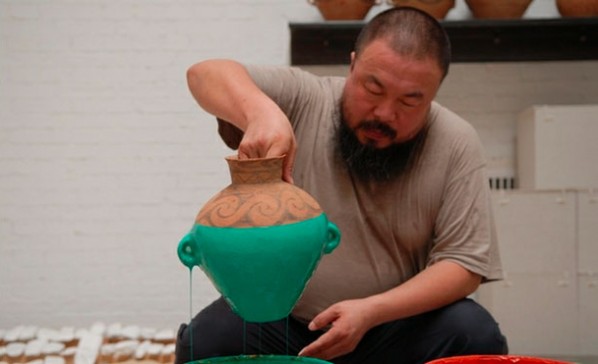
Ai Weiwei, Colored Vases, 2006. (in process) Courtesy of the artist.
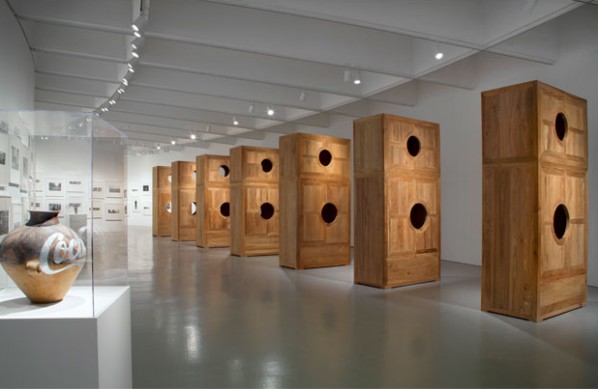
Installation view of Ai Weiwei: According to What? at the Hirshhorn Museum and Sculpture Garden, Washington, DC, 2012. From left to right: Coca-Cola Vase, 2007; New York Photographs, 1983–93; Moon Chest, 2008. Photo: Cathy Carver
This exhibition demonstrates Ai Weiwei’s broad artistic practice and includes sculpture, photography, audio, video, and site-specific installations. Many of his works employ simple forms and methods that evoke and play with notions of conceptual and Minimal art, while others manipulate traditional furniture, ancient pottery, and daily objects in ways that question cultural values and political authority. More recent works address his ongoing investigation into the aftermath of the 2008 Sichuan earthquake as well as his detention and continual surveillance by Chinese authorities. In each piece, Ai emphasizes the value and place of the individual within society.
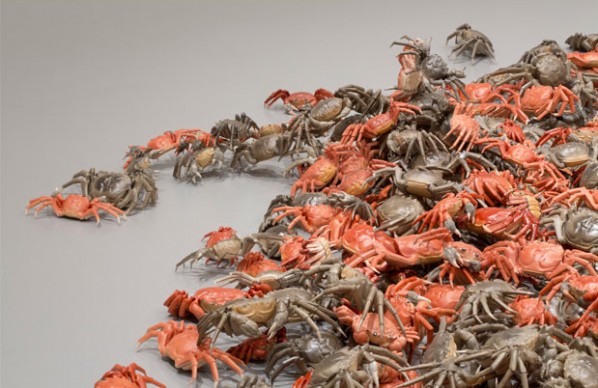
Ai Weiwei, He Xie(detail), 2010; Installation view at the Hirshhorn Museum and Sculpture Garden, Washington, DC, 2012; Photo Cathy Carver
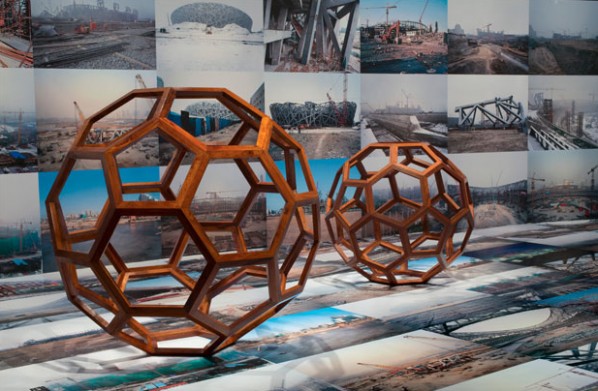
From left to right: Beijing’s 2008 Olympic Stadium, 2005-08; Divina Proportione, 2006; F-Size, 2011. Installation view of Ai Weiwei: According to What? at the Hirshhorn Museum and Sculpture Garden, Washington D.C., 2012.
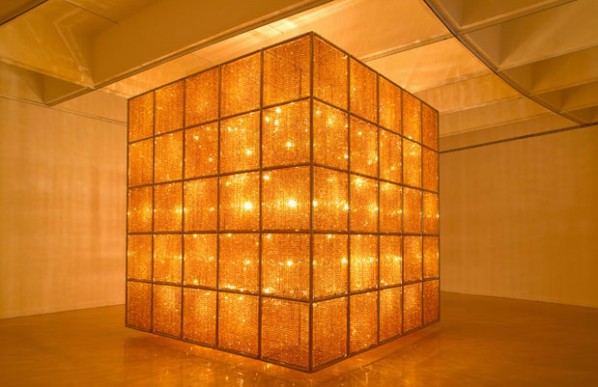
Cube Light, Ai Weiwei, Cube Light, 2008; Installation view at the Hirshhorn Museum and Sculpture Garden, Washington, DC, 2012.; Photo Cathy Carver
Ai Weiwei: According to What? Programmes
The Hirshhorn will offer a range of educational programs in conjunction with the exhibition Ai Weiwei: According to What? on view at the museum October 7th through February 24th, 2013. All programs are free of charge.
Exhibition Tour with Mami KataokaSunday, October 7, 2 pm
Second and Third Level Galleries
Exhibition curator Mami Kataoka, Chief Curator at the Mori Art Museum, Tokyo, gives a lively interactive tour of the first North American survey of the artist’s work.
Panel Discussion: Art and Social ChangeSunday, October 7, 5:30 pm
Ring Auditorium
This panel discussion concentrates on questions of freedom and creativity and addresses the various conditions that lead great minds to bold actions. Of particular interest is the role of the dissenting artist in confronting established doctrines and social orders in the face of official censorship and repression.
Friday Gallery Talk
Friday, October 19, 12:30 pm
Meet at the Information Desk
Hirshhorn Deputy Director and Chief Curator Kerry Brougher on Ai’s Cube Light (2008), a recent acquisition by the museum.
Friday Gallery Talk
Friday, October 26, 12:30 pm
Meet at the Information Desk
Hirshhorn Assistant Curator Mika Yoshitake on Ai’s Kippe (2006).
Meet the Artist: Alison Klayman & Film Screening: Never Sorry (2010)Thursday, November 8, 7 pm
Ring Auditorium
Fresh from college, Klayman ventured to China, where she bounced between jobs and, as an incidental side-gig, shot a brief video to accompany an exhibition of photographs by Ai. The project grew into a feature-length portrait that delves into the artist’s influences (Joseph Beuys and Marcel Duchamp, among others), his devotion to his mother and father (Ai Qing, a poet suppressed first by anti-Communists and then under Mao), his process (perpetual performance, public engagement through social media, the conceptual transformation of traditional aesthetics) and the hazards of surviving as a dissident artist. She’ll share the details, introduce the film and answer questions.
Meet the Artist: Vito Acconci
My Own Ai Weiwei
Thursday, November 15, 7 pm
Ring Auditorium
Vito Acconci collaborated with Ai in 2008 at Para/Site Art Space in Hong Kong to transform the space over a two-year period. Born in New York in 1940, where he lives and works, Acconci began writing poetry in the 1960s. His daring explorations of the use of public space earned him recognition as one of the pioneers of installation, performance and video art. In 1988 he founded an architectural practice, Acconci Studio, which works towards constructing a critique of the built environment.
Film Screenings: Ai Weiwei’s So Sorry (2011)and Alan Yentob’s Without Fear or Favour (2010)
Thursday, December 6, 7 pm
Ring Auditorium
Ai’s film documents the undertaking and aftermath of the artist’s journey to Sichuan after the 2008 Sichuan earthquake. The film has English subtitles. Yentob’s film, which was produced for the BBC, reviews Ai’s career leading up to his installation of 100 million hand-painted porcelain sunflower seeds in the Tate Modern’s Turbine Hall. Total running time is 120 minutes.
Film Screening: Ai Weiwei’s Fairytale (2007)
Tuesday, December 11, 7 pm
Ring Auditorium
This film documents an artwork produced for Documenta 12 in which Ai invited 1,001 Chinese citizens of various ages and backgrounds to come to Kassel, Germany, during the exhibition and examine their dreams for the future, as well as the artist’s own. The film has English subtitles and runs 152 minutes.
Exhibition Tour with Mika Yoshitake and Carol Huh
Thursday, February 7, 7 pm
Second Level Galleries
Hirshhorn Assistant Curator Mika Yoshitake, Freer/Sackler Assistant Curator of Contemporary Asian Art Carol Huh and guest speakers examine Ai’s work from multiple perspectives.
Film Marathon
Sunday, February 17, 10:30 am–4:30 pm
Films by and about Ai will be screened.
Courtesy Ai Weiwei and the Hirshhorn Museum and Sculpture Garden, Washington, DC, for further information please visit http://hirshhorn.tumblr.com.


